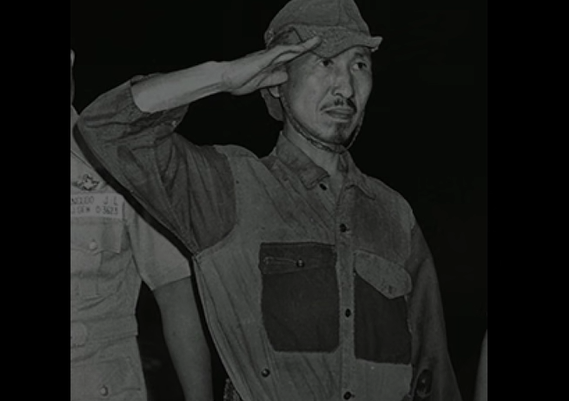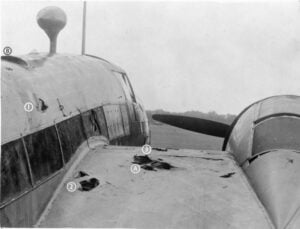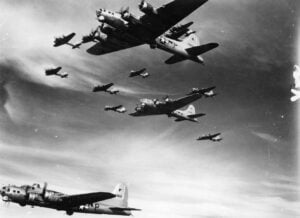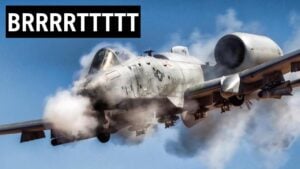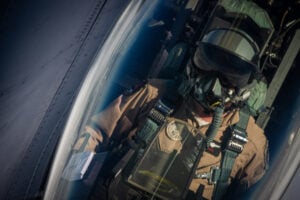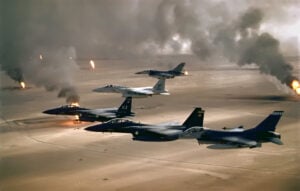The Story of the WWII P-47 Ace Who Saluted a Defeated Japanese Pilot
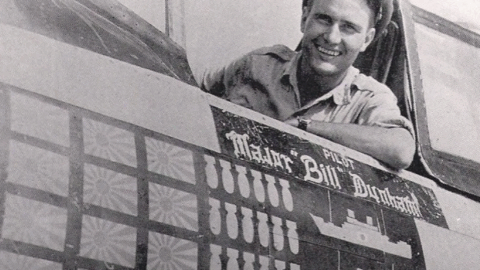
FlakAlley / YouTube
Ambush Over the Philippine Sea
On December 7, 1944, Major William D. “Bill” Dunham led a fighter patrol of ten Republic P-47D Thunderbolts from the 460th Fighter Squadron over the Philippine Sea. Flying at high altitude, they spotted a formation of Japanese Nakajima Ki-43 fighters below. With surprise and speed, the P-47s dove in from above, opening fire. Dunham targeted one Ki-43, filled it with .50-caliber fire, and watched it plunge into the waves. But the enemy pilot had bailed out before impact.
Under normal rules of war, Dunham could have followed up with further attacks on parachuting airmen—especially in a theatre where some Japanese pilots had been known to fire on those descending. But instead, he held his fire. He circled low over the ocean, watched the Japanese pilot struggle in the water without a life jacket, and made a decision few could have. He flew close enough to toss his own life jacket to the survivor, then saluted before turning away. His act of mercy carried both risk and meaning.
That moment became legendary. His commanding officer later described Dunham’s action as “uncommon chivalry”—a rare and humane gesture made in the midst of war.
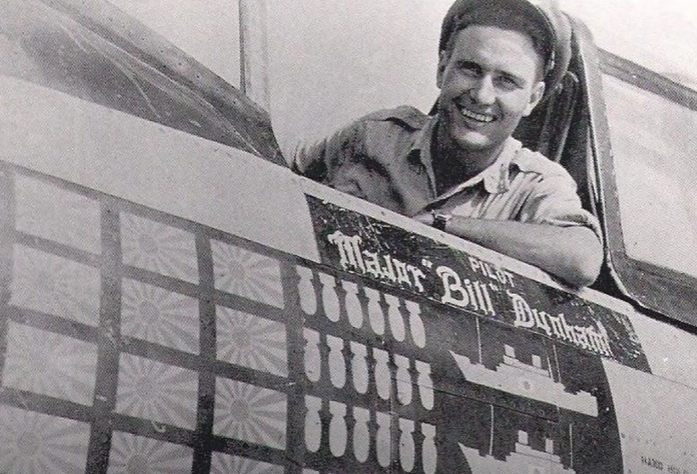
The Incident That Drove the Act
Dunham’s decision drew meaning from tragedy earlier that year. On March 6, 1944, Captain Dunham was flying over the northern coast of New Guinea with Captain Sam Blair and Colonel Neel Kearby. They intercepted Japanese Kawasaki Ki-48 bombers flying low. Dunham and Blair downed two; Kearby attacked another, then circled back. That move exposed him to a Ki-43 that shot him down while he was defenseless. Dunham immediately pursued and shot down the Ki-43 in retaliation, but Kearby vanished. Dunham and Blair searched but had to withdraw for fuel. Dunham later said he was physically restrained to prevent him from going after Kearby.
In December, when he faced a choice between vengeance and mercy, he chose mercy. The memory of Kearby’s fate loomed large in his mind. In interviews, Dunham said that as he pulled away from the floating Japanese pilot, he felt “as if the Lord put his hand on my shoulder… don’t do it.”
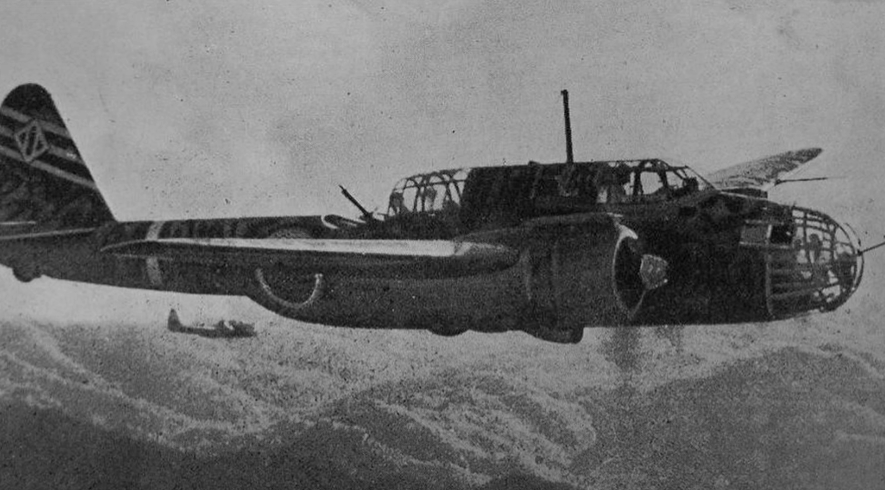
A Legacy Beyond Kills
Dunham was already a respected ace. Over his WWII career, he recorded sixteen aerial victories, flying both the P-47 and later the P-51. He earned numerous medals, including the Distinguished Service Cross. After the war, he remained in service, eventually rising to the rank of brigadier general.
His life-saving salute remains one of the rare moments of mercy in aerial combat. In a war marked by destruction and loss, the act stands as a reminder that even amid violence, compassion sometimes survived.
